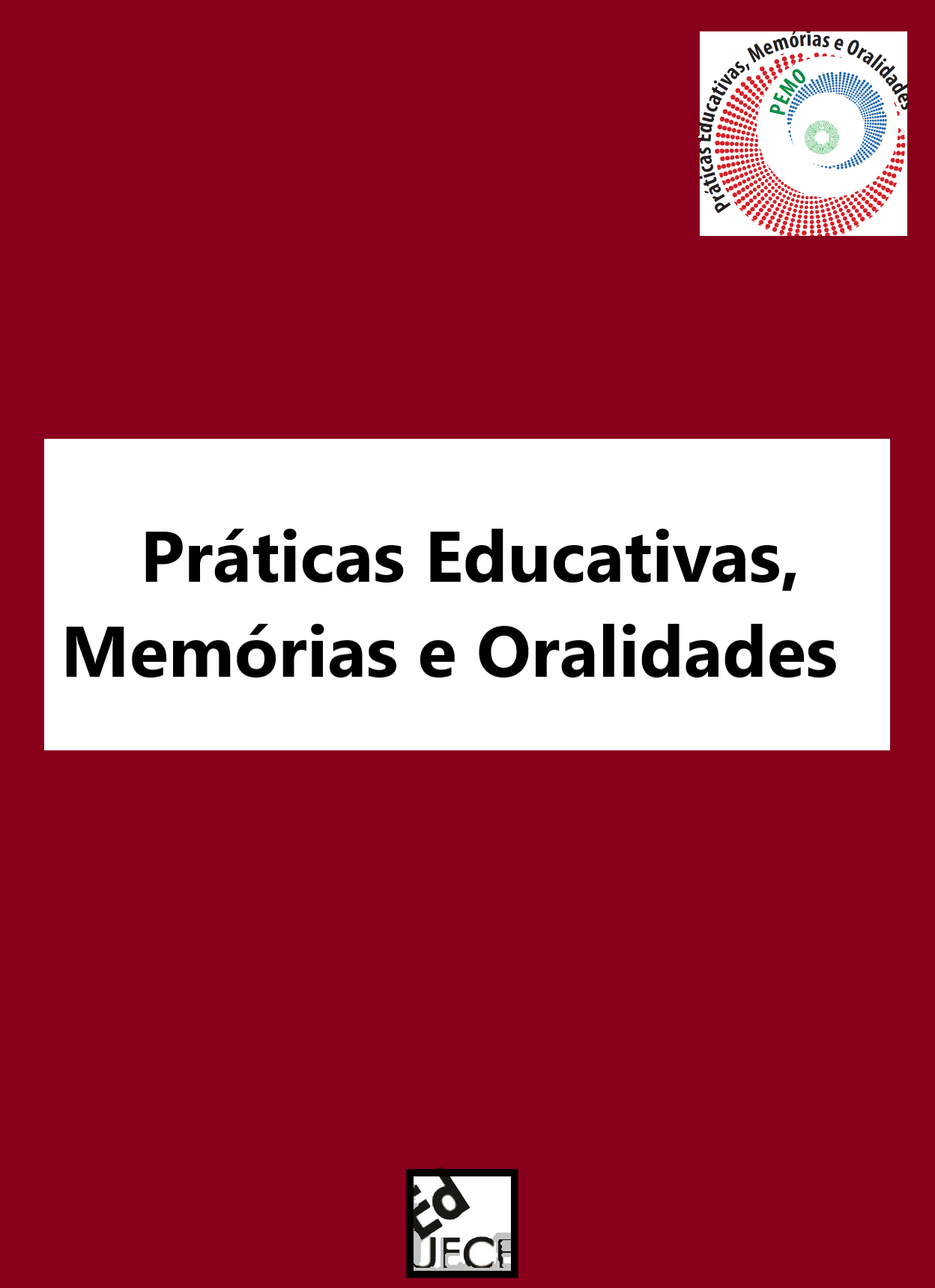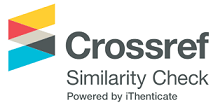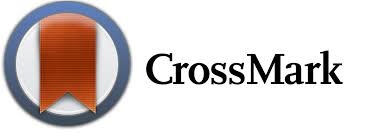Impactos do uso excessivo de tecnologias na Educação
DOI:
https://doi.org/10.47149/pemo.v6.e12455Palavras-chave:
Aprendizagem, Tecnologia da Informação e Comunicação, Saúde MentalResumo
O crescente uso de tecnologia nas escolas é algo que preocupa os órgãos responsáveis pela educação e educadores. De acordo com o Programme for International Student Assessment (PISA), programa Internacional de Avaliação de Estudantes, o percentual de estudantes brasileiros distraídos chega a 80% (Brasil, 2022). Estudos na área da saúde mental, como os de Andrade (2023) e Cereja (2018), associam o uso demasiado das tecnologias ao surgimento e agravamento de sintomas ansiosos. Neste contexto, este trabalho tem por objetivo abordar os problemas de aprendizagem associados ao uso excessivo de tecnologias na educação. São apresentadas as vantagens da tecnologia na educação e discutidos os impactos negativos do uso demasiado de dispositivos eletrônicos e ferramentas digitais nas habilidades cognitivas, na saúde mental dos estudantes e na dinâmica das salas de aula. Espera-se contribuir para a promoção do uso mais consciente e equilibrado das tecnologias em ambientes educacionais.
Downloads
Referências
ANDRADE, André Luiz Monezi et al. Uso excessivo de internet e smartphone e problemas emocionais em estudantes de psicologia e psicólogos. Estudos De Psicologia (campinas), 40, e210010, 2023. Disponível em: https://doi.org/10.1590/1982-0275202340e210010. Acesso em: 22 jan. 2024.
BACICH, L.; NETO, A. T.; TREVISANI, F. M. Ensino Híbrido: personalização e tecnologia na educação. Porto Alegre: Penso, 2015.
BRASIL. Programa Internacional de Avaliação de Estudantes (Pisa), 2022. Ministério da Educação: Instituto Nacional de Estudos e Pesquisas Educacionais Anísio Teixeira (INEP). Disponível em: https://www.gov.br/inep/pt-br/areas-de-atuacao/avaliacao-e-exames-educacionais/pisa. Acesso em: 20 jan. 2024.
BRASIL. Acessibilidade Digital. Ministério da Gestão e da Inovação em Serviços. Disponível em: https://www.gov.br/governodigital/pt-br/acessibilidade-digital. Acesso em: 27 dez. 2023.
CEREJA, M. T. D. J.; NOBRE, T. L. O uso da internet e a relação com o sentimento de ansiedade em jovens entre 18 a 25 anos. Leopoldianum, v. 44, n.124, 2018. Disponível em: https://doi.org/10.58422/releo2018.e853. Acesso em: 22 jan. 2024.
GIL, A. C. Como elaborar projetos de pesquisa. São Paulo: Editora Atlas, 2022.
HOOKS, Bell. Ensinando a Transgredir: a educação como prática da liberdade. Folha de São Paulo, 2021.
LOBO, Alex Sander Miranda; MAIA, Luiz Cláudio Gomes. O uso das TICs como ferramenta de ensino-aprendizagem no Ensino Superior. Caderno de Geografia, 25(44), 16–26, 2015. Disponível em: https://doi.org/10.5752/P.2318-2962.2015v25n44p16. Acesso em: 26 dez. 2023.
Nguyen, A., Ngo, H. N., Hong, Y., Dang, B., & Nguyen, B.-P. T. (2023). Ethical principles for artificial intelligence in education. Education and Information Technologies, 28(4), 4221–4241. Disponível em: https://doi.org/10.1007/s10639-022-11316-w. Acesso em: 22 jan. 2024
SOUZA, M. E. L. de; MARTINS, O. A. da S.; DUARTE, M. N. M. Conectivismo e os desafios da formação docente na era digital. Práticas Educativas, Memórias e Oralidades - Rev. Pemo, [S. l.], v. 3, n. 3, p. e335592, 2021. DOI: 10.47149/pemo.v3i3.5592. Disponível em: https://revistas.uece.br/index.php/revpemo/article/view/5592 . Acesso em: 26 dez. 2023.
TORI, R. Educação sem distância: as tecnologias interativas na redução de distâncias em ensino e aprendizagem. 2.ed. Artesanato Educacional: São Paulo: 2017.
UNESCO. Relatório de monitoramento global da educação, resumo, 2023: A tecnologia na educação: Uma ferramenta a serviço de quem? GEM Report UNESCO, 2023. Disponível em: https://doi.org/10.54676/CUYC7902 . Acesso em: 17 jan 2024.
WORLD ECONOMIC FORUM. Future of Jobs Report 2023, 2023. Disponível em: https://www3.weforum.org/docs/WEF_Future_of_Jobs_2023.pdf. Acesso em: 17 jan 2024.
YOUNES, Farah et al. Internet addiction and relationships with insomnia, anxiety, depression, stress and self-esteem in university students: A cross-sectional designed study. PloS one, 11(9), e0161126, 2016. Disponível em: https://journals.plos.org/plosone/article?id=10.1371/journal.pone.0161126. Acesso em: 22 jan. 2024.
Downloads
Publicado
Como Citar
Edição
Seção
Licença
Copyright (c) 2024 Claudia Bianchi Progetti, Luís Fernando Ferreira de Araújo, Gabriela Progetti Zanuzzo (Autor)

Este trabalho está licenciado sob uma licença Creative Commons Attribution 4.0 International License.
Os autores possuem direitos autorais dos seus textos:
A revista "Práticas Educativas, Memórias e Oralidades permite ao/s autor/es os direitos de publicação, no entanto, recomenda um intervalo de cinco anos para o caso de republicação ou referência ao primeiro local de publicação, no caso, o link da Rev. Pemo..
Os nomes e endereços informados nesta revista serão usados exclusivamente para os serviços prestados por esta publicação, não sendo disponibilizados para outras finalidades ou a terceiros.














